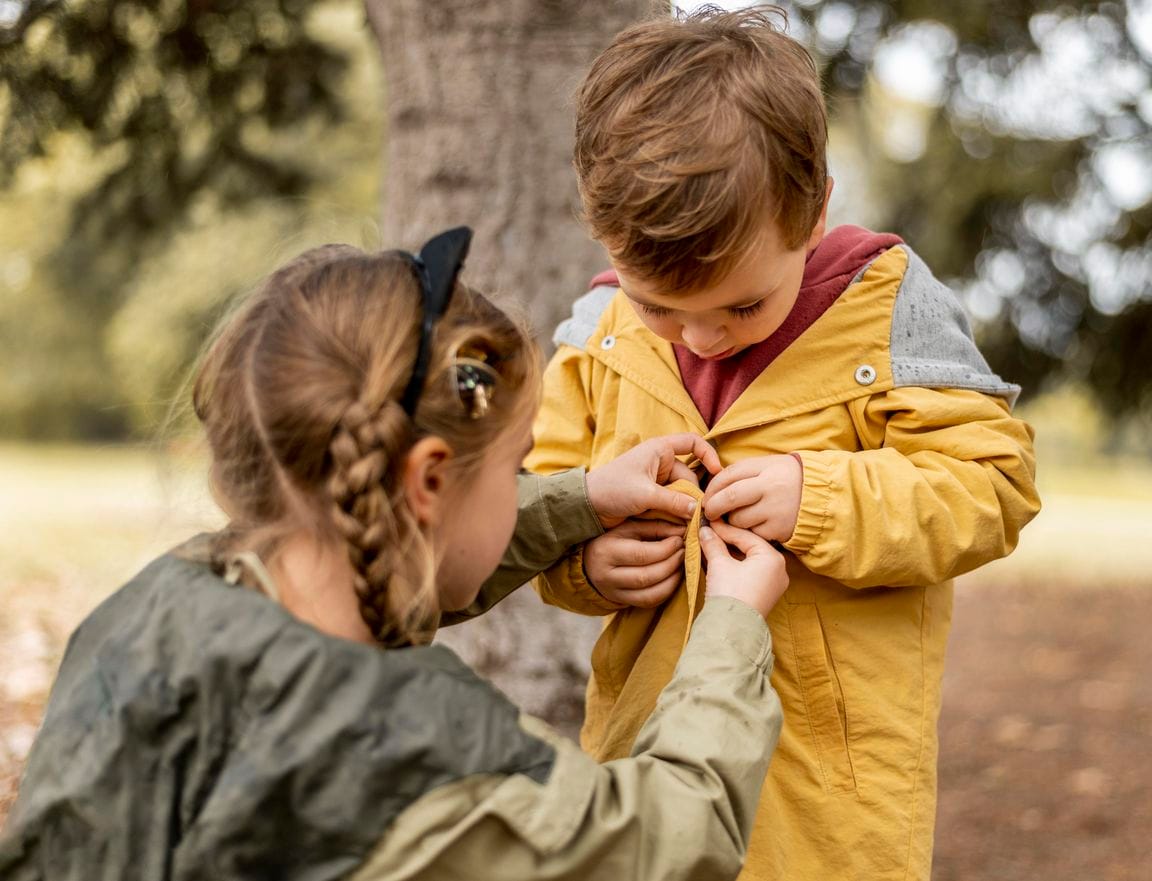Empathy is the ability to understand and share the feelings of others. There are two main forms of empathy: emotional (the ability to sympathize) and cognitive (the ability to recognize and understand the reasons for other people's emotions). Empathy skills can be developed from an early age, taking into account the developmental characteristics of the child.
Development of empathy by age:
From birth to one year:
Babies learn to trust through contact with parents
It is important to actively interact: talk, sing, hug
Respond to the baby's needs in a timely manner
Show care through facial expressions and intonations
1-3 years:
Children begin to reflect emotions of others
Need to name feelings
Encourage caring behavior
Use role play to develop empathy
3-5 years:
Active listening skills are developed
Friendly relationships are developed
It is important to ask leading questions about the feelings of others
Show personal example of empathy
Practical tips:
Create an empathetic atmosphere in the family:
Discuss feelings openly
Recognize each other’s caring behavior
Encourage attentiveness to others’ emotions
Use game techniques:
Emotional charades
Working with pictures and photographs
Discussing the feelings of book characters
Establishing connections between behavior and emotions
Develop an understanding of cause and effect:
Explain why people feel the way they do
Help find ways to support upset people
Connect situations from books to your child's personal experiences
Teach empathy through practice:
Don't demand formal apologies
Show the connection between actions and feelings of others
Demonstrate a personal example of kindness and caring
It is important to remember that developing empathy is a long process that requires patience and constant attention from parents. The key to success is creating a trusting relationship with the child and demonstrating a genuine interest in his feelings and experiences.
To effectively develop empathy, you need to be attentive to your child, turn off distractions (phones, TV) and create opportunities for live communication and emotional contact. Only in this way can a child learn to see the world through the eyes of other people and develop true empathy.
Resource: blog.sunschool.ru

